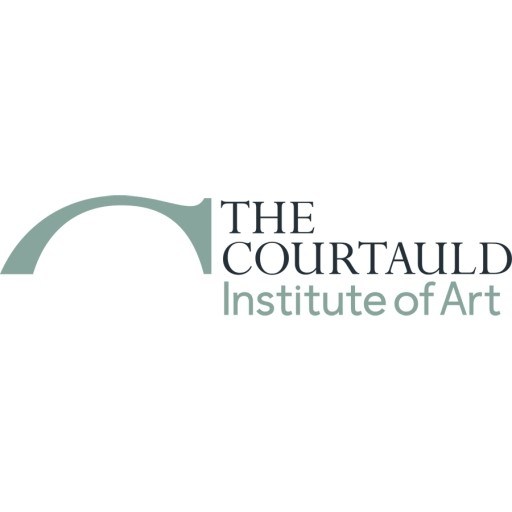Photos of university / #ucl
This degree aims to provide you with an understanding of a range of central philosophical debates together with a detailed education in history of art. All major areas of philosophy are available for study. You will also address issues about the very nature of art and human perception of visual culture.
In each year of your degree you will take a number of individual modules, normally valued at 0.5 or 1.0 credits, adding up to a total of 4.0 credits for the year. Modules are assessed in the academic year in which they are taken. The balance of compulsory and optional modules varies from programme to programme and year to year. A 1.0 credit is considered equivalent to 15 credits in the European Credit Transfer System (ECTS).
The first year includes several introductory lecture courses, which provide a foundation for later studies. The programme covers political philosophy, examining questions about the state, liberty and laws; moral philosophy, questioning distinctions of right and wrong, and our motivation for choosing between the two; epistemology which investigates the nature of knowledge and belief; metaphysics, which attempts to grasp the nature of things; and logic, which imparts principles of sound reasoning.
You will study Philosophy and History of Art on an equal basis.
A levels
Grades
AAA
Subjects
No specific subjects.
GCSEs
English Language at grade B, plus Mathematics at grade C. For UK-based students, a grade C or equivalent in a foreign language (other than Ancient Greek, Biblical Hebrew or Latin) is required. UCL provides opportunities to meet the foreign language requirement following enrolment, further details at: www.ucl.ac.uk/ug-reqs
IB Diploma
Points
38
Subjects
A total of 18 points in three higher level subjects, with no score below 5.





